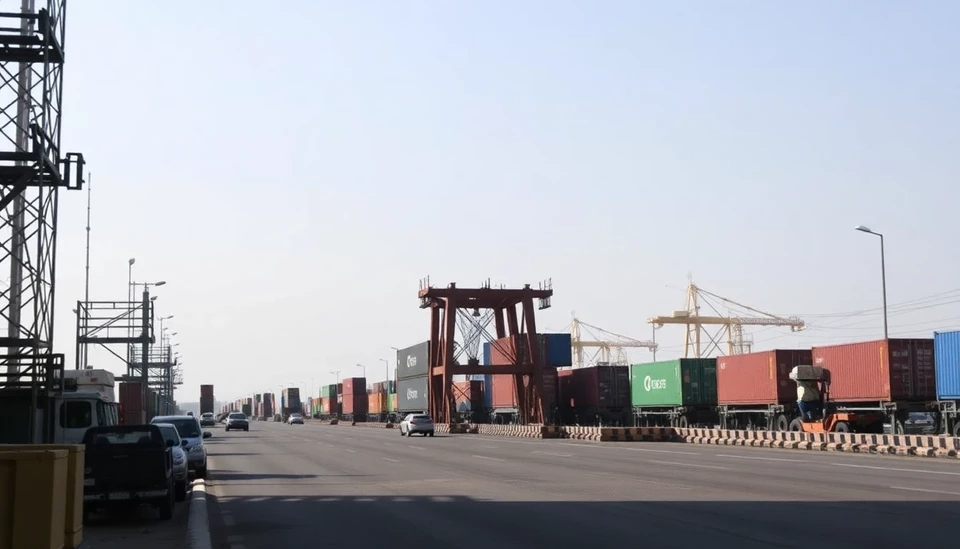
In recent developments regarding international trade, Indian exporters are demonstrating remarkable resilience in the face of potential tariffs imposed by the United States on pharmaceuticals and automotive products. Industry experts and leaders have expressed a cautiously optimistic outlook, suggesting that the anticipated tariffs may not significantly hinder the thriving Indian export market, particularly in these crucial sectors.
The Biden administration is reportedly contemplating tariffs aimed at curbing Chinese imports, which has raised concerns among Indian exporters who fear that they could inadvertently become collateral damage in the ongoing trade tensions between the U.S. and China. Nonetheless, Indian exporters remain steadfast, highlighting their adaptability and the strategic advantages that could mitigate the impact of any new tariffs.
One of the factors bolstering Indian exporters' confidence is the robust growth in the pharmaceutical sector. India is renowned as a global hub for generic drugs, and many domestic pharmaceutical companies have established strong relationships with clients in the U.S. market. This existing foothold, combined with India's ability to produce high-quality medications at competitive prices, positions the country favorably against the backdrop of potential trade barriers.
Additionally, the automotive sector in India is witnessing significant advancements. Indian manufacturers are increasingly focusing on innovation and enhancing the quality of their products. With a diversified market strategy, Indian automakers are exploring opportunities in various regions, thereby lessening their reliance on U.S. exports alone. This strategic diversification is seen as a key mitigating factor against the impact of tariffs.
Moreover, experts are reporting a strong domestic market in India, which continues to grow despite global uncertainties. This burgeoning internal demand provides an additional buffer for exporters, allowing them to maintain production levels even if U.S. markets experience a downturn due to higher tariffs.
Furthermore, the Indian government is actively working to bolster the export sector by negotiating trade agreements with various nations. These efforts aim to create a more favorable trading environment and open new avenues for Indian products, thus helping exporters navigate potential challenges posed by U.S. tariffs effectively.
In conclusion, while the threat of new tariffs from the U.S. is a pressing concern for Indian exporters in drugs and automotive sectors, the outlook remains positive. The combination of a strong export base, ongoing innovations, strategic diversifications, and governmental support are critical components that could help shield Indian exporters from the worst effects of any imposed tariffs, enabling them to continue thriving in the global marketplace.
#IndianExporters #USTariffs #Pharmaceuticals #Automotive #TradeResilience #GlobalMarket #EconomicGrowth
Author: Daniel Foster




